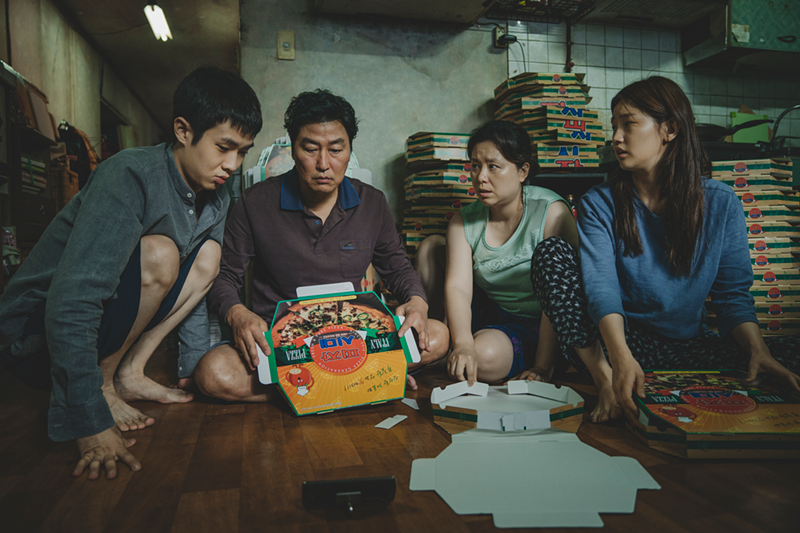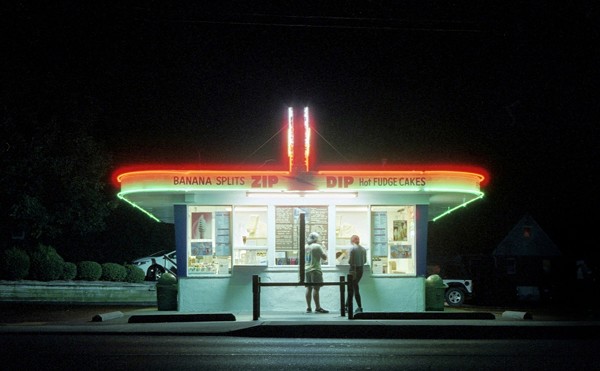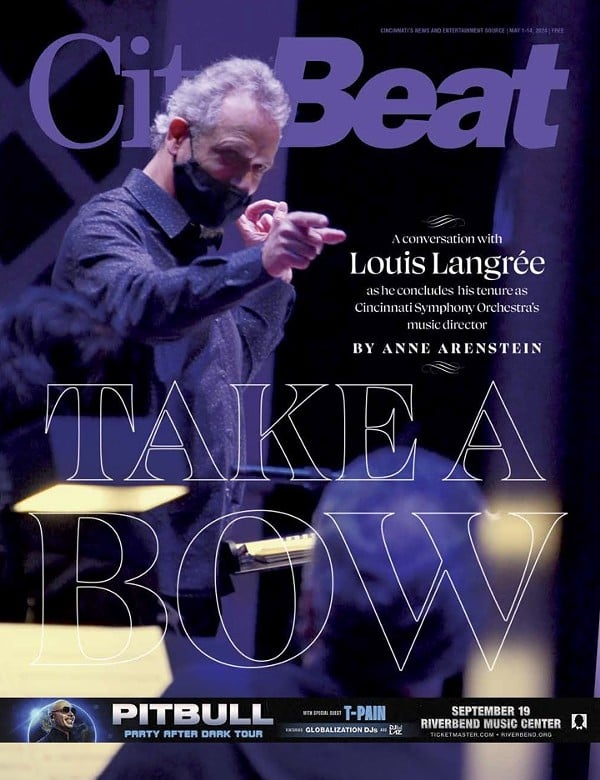South Korean director Bong Joon-ho is known for his genre-bending works, melding disparate hallmarks in his refusal to be defined. His latest flick, Parasite (winner of the Cannes Film Festival Palme d’Or), could be seen as part family-tragicomedy, part domestic horror — but it’s perhaps best examined sans label. With an ever-shifting tone, this film and its unraveling commentary on capitalism and the divisions it breeds is best walked into cold.
It opens on the working-class Kim family, who live in a cluttered semi-basement apartment in the slums of Seoul, South Korea. Slivers of sunlight sneak through a meager window, but the space is mostly imbued with gray hues. A drunk man takes a leak in full view of their living room quarters. When a business turns on a slimmer of free WiFi, the family of four scatters to find reception — finally locating a few bars in the bathroom, where they crouch by a toilet. They move through this space as if tethered: crouching, tripping, scrambling.
Both parents — the father, Ki-taek (Song Kang-ho), and mother, Chung-sook (Jang Hye-jin) — are out of work, and their young adult children face similar prospects. There’s a pointed moment near the beginning where the family is gifted a scholar rock promising to bring material wealth. Bong sets an intentionally odd, almost surreal mood here. Though slight, it’s prophetic and foreboding, an object that clings to the narrative. And, more so than anyone, the son, Ki-woo (Choi Woo-shik).
As he would say: “It’s so metaphorical.”
An aspiring university student, the film is set in motion when Ki-woo is recommended by a friend (who does attend college) to take his place as the new English tutor of the wealthy Park family’s daughter, Da-hye (Jung Ji-so). Forging his qualifications, he lands the job and, in turn, is given a taste of how the rich live.
The architecture these families inhabit plays a significant role in shaping the poor-rich divide. In comparison to the Kims’ bleak environment, the Parks flow through their space with unrealized grace. Floor-to-ceiling living room windows reveal a dreamy backyard. In multiple scenes, characters bask in brushstrokes of sunlight — dancing, embracing, feeling. The clean, minimalist lines reflect the Parks: wrinkle-free clothing, not a hair out of place, smooth skin, smoother smiles.
Ki-woo hatches a plan to land the rest of his family jobs at the Park household, navigating through similar falsehoods. First, his sister Ki-jung (Park So-dam) becomes “Jessica,” an art therapist for the Parks’ wily young son, Da-song (Jung Hyun-jun). Ki-taek becomes the chauffeur and Chung-sook dethrones the long-standing housekeeper Moon-gwang (Lee Jung-eun), who had, up to that point, outlasted multiple owners of the residence. Her initial exit is a harsh reminder that people are a discardable commodity to the extremely rich.
There’s a subtle guilt present in the Kims at manipulating the Parks to fire staff members. Off-screen, we wonder what has become of them. Only Ki-taek queries this in passing. But as quickly as his words bubble to the surface, they sink. The Kims, after all, deserve a slice of luxury. To feel the sun. To one day attend university. To make it in this world. And so they stick to the plan until it becomes horrifically impossible to do so.
For a chunk of the film, they seem to blend in without suspicion. When Da-song announces that they all smell the same, tension flares. From that moment, both Park parents — Dong-ik (Lee Sun-kyun) and his wife, Yeon-kyo (Jo Yeo-jeong) — scrunch their noses when they become aware of the stench.
Though painful to witness, this drives the plot forward. Parasite realizes that the hope for bettering one’s position fuels a capitalist system fundamentally against the working class.
“The best plan is no plan,” Ki-taek reveals when all — quite literally — goes to shit. It doesn’t matter how many precautions they took or how hard they worked to fit in. The architecture the Parks inhabit seems to cosmically reject the Kims. You never quite know where Bong’s film might turn and dread lurks in every twist. At the risk of revealing too much, trust me: Go see Parasite. (In select theaters) (R) Grade: A+







